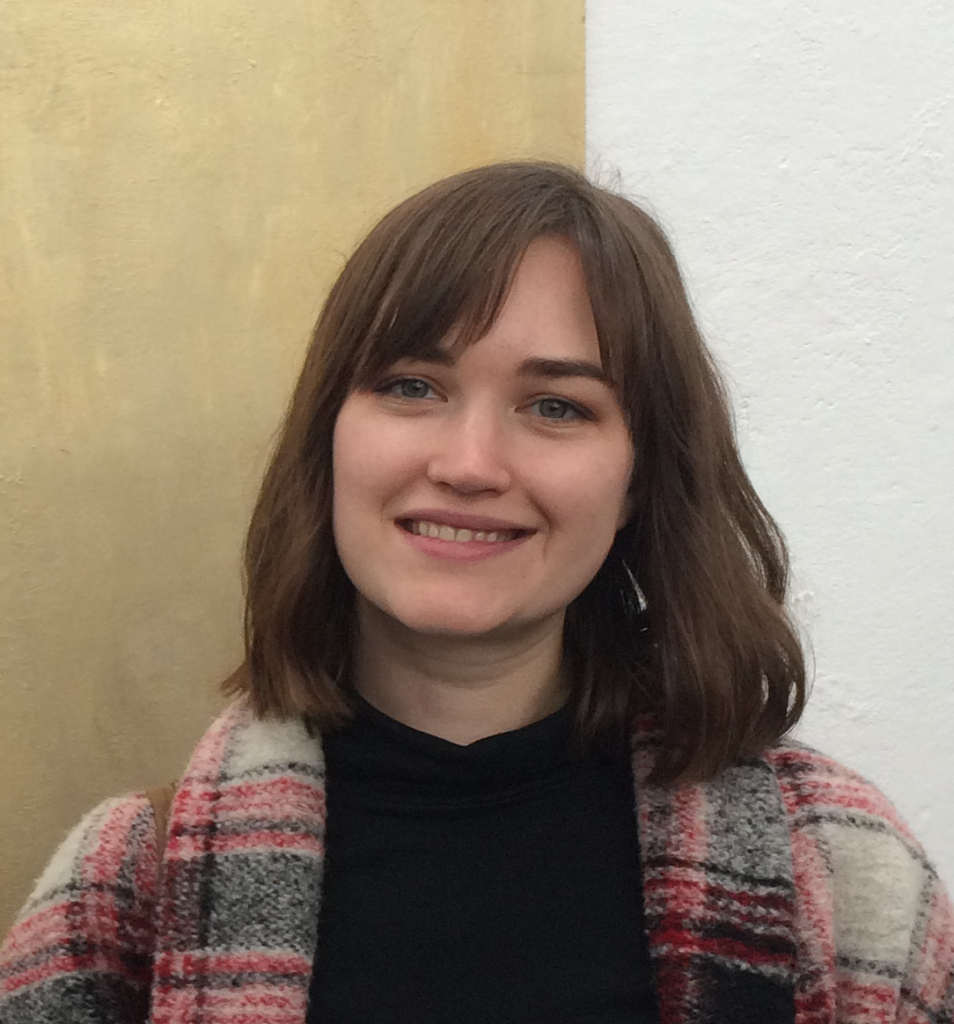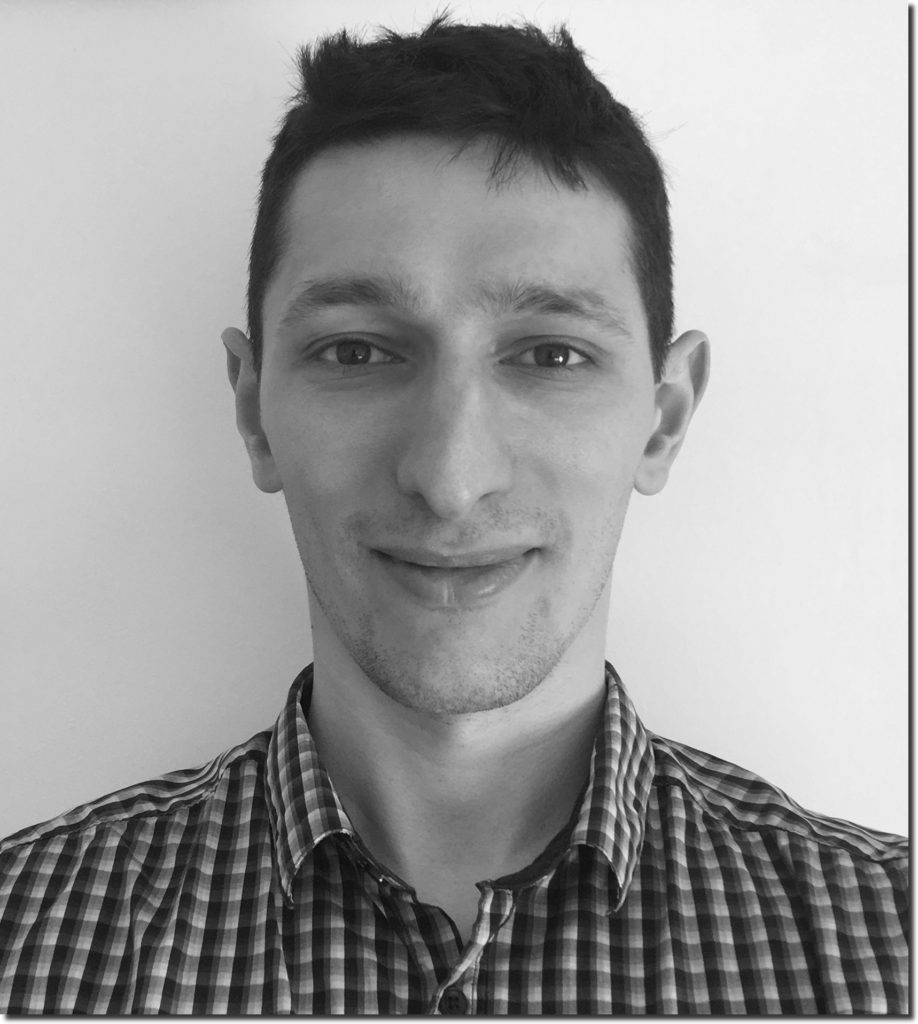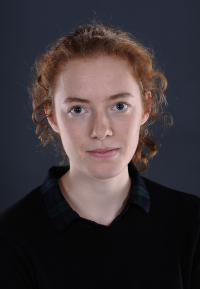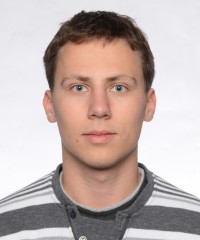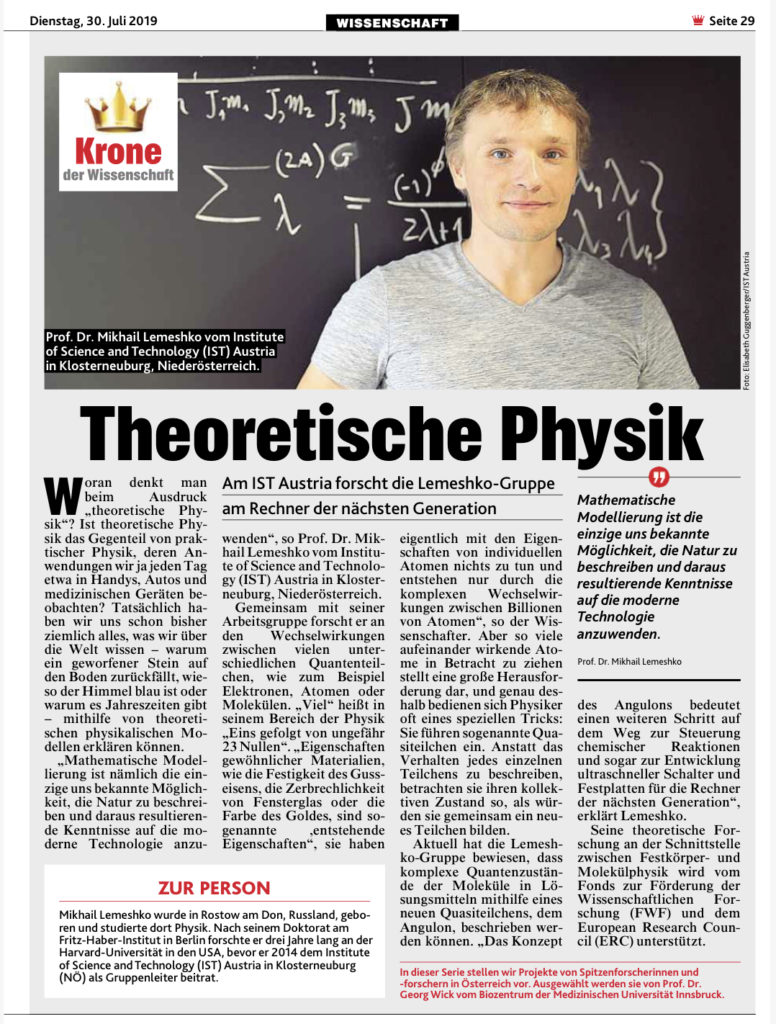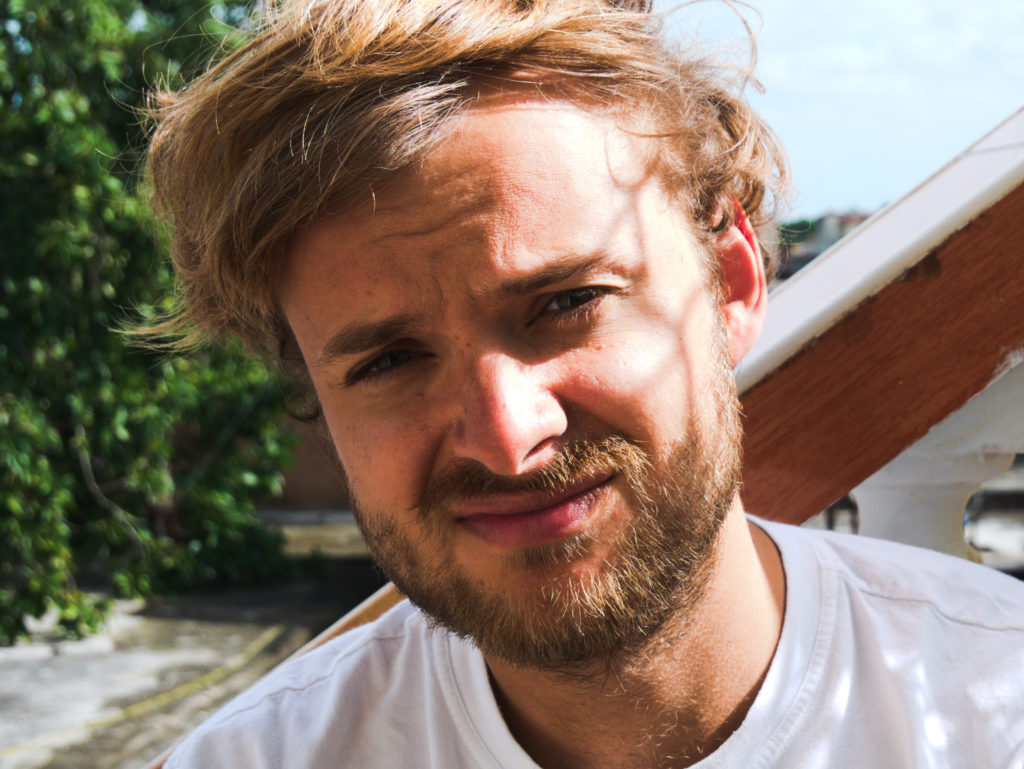Welcome to Fumika Suzuki
We are happy to welcome Fumika Suzuki as an ISTplus postdoctoral Fellow. Here is how Fumika describes her way here:
“I grew up in Tokyo, Japan. Like many people in Tokyo who go to work/school on jam-packed trains, I was always dreaming of living in the countryside, surrounded by nature and farms. Studying abroad at the University of Leeds, England fulfilled my dream. There I obtained a BSc in Theoretical Physics, thanks to support by Ian D. Lawrie, who taught me particle physics with extra dimensions. Afterwards, I moved to the University of British Columbia (UBC), Vancouver, Canada to obtain an MSc. in Mathematical Physics, advised by Richard Froese and Joel Feldman. In 2018, advised by Taka Momose, Bill Unruh and Roman Krems, I completed a PhD in Theoretical Physics from UBC, where I studied quantum mechanics and quantum field theory of complex systems. It was also Bill who introduced me to the beauty of Vienna through the film “The Third Man”. From 2018-2020 I worked as IRTG fellow at UBC and the University of Freiburg, Germany, and since February 2020 I have been working as ISTplus fellow in Prof. M. Lemeshko’s group. In my free time I like observing nature and animals and enjoy other cultures.“


